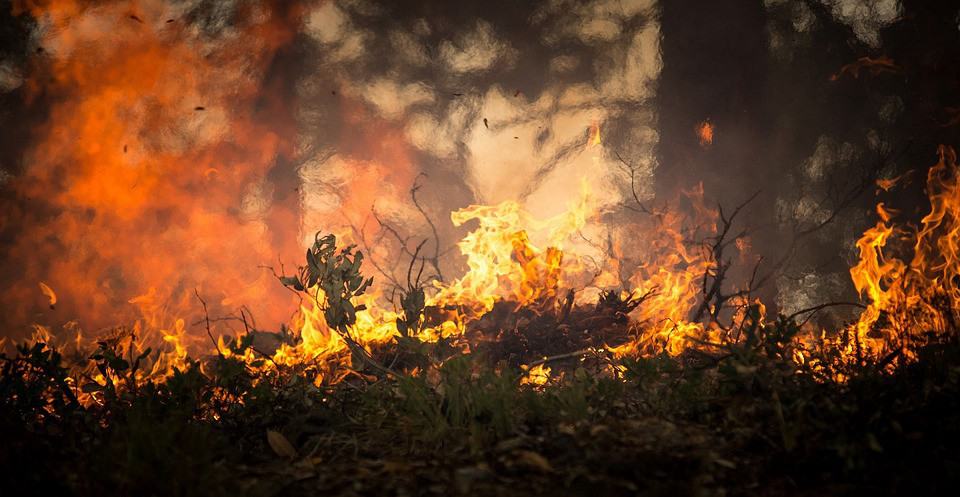
Contrary to what you may believe, fires in the Pinelands actually have many benefits on the Pinelands’ ecology — provided they’re supervised by trained professionals.

With headlines about dangerous wildfires scattering the nation throughout the summer, it’s easy to think wildfires, just like hurricanes and tsunamis, are forces of nature that have minimal positive effects. The less of them the better. However, according to Jaclyn Rhoads, assistant executive editor of the Pinelands Preservation Alliance, this isn’t exactly the case.
“We have created this culture where wildfires are terrible, and we need to put them out right away,” she said. “In certain cases [that’s true] when people’s lives are in the way. But when they’re in remote areas, as long as people aren’t camping, it can be a good thing.”
One of the ways wildfires do this, according to Rhoads, is by clearing out tree canopies that form when bunches of trees grow in a close vicinity. When an excessive number of trees are in one spot, the leaves from those trees block sunlight from the ground, preventing other species of plants from growing, helping the ecosystem by allowing for more biodiversity.
“Plants will disappear and then come back after a forest fire because it allowed sunlight to hit the forest floor,” Rhoads said. “Even in some of the more scorched trees, you’ll see the leaves regenerating from the scorched pine trees.”
Many wildfires occur naturally, and not necessarily from human error. In fact, lightning is one of the main causes of naturally-occurring wildfires.
“Fire is necessary to survival,” she said. “It’s one of those natural occurrences that helps to allow certain species to grow including Pinelands.”
For this reason, many forest fire services will initiate “prescribed burns,” which are supervised mini wildfires started on purpose to preserve a forest’s ecology, which, in the case of the Pinelands, contains many rare plants. However, they have to be done during certain times of the year to make sure the habitats of, say, nesting birds aren’t disturbed.
“If the rare plants don’t come back and repopulate, we could be losing species that won’t come back that don’t exist anywhere else in the world,” Rhoads said.
For reasons such as these, the PPA has lobbied for the passage of the Prescribed Burn Act, a piece of legislation which, according to Rhoads, was not signed into law by Gov. Christie despite passing both of New Jersey’s houses of congress unanimously.
The legislation “better defines when burning can occur for ecological purposes and allows more people to burn, but [also grants] them protection and allows them to get greater insurance coverage for these burns.”
Conservationists can’t conduct prescribed burns for two reasons: first, the current law doesn’t allow for ample immunity, which prevents them from purchasing insurance. The other reason is that under current law, the Forest Fire Service says people can only burn on their own land.
“People have used fire for centuries,” Rhoads said. “When we first started using settlements and industrialized because people have cleared out areas. Fire’s always been a tool but we’ve evolved to use it in a different way.”









